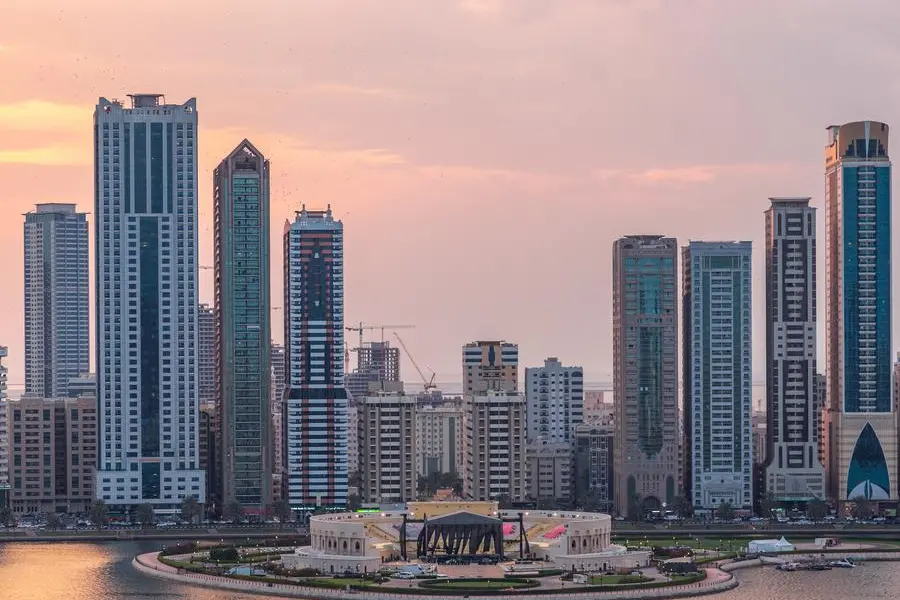
Dubai real estate prices have been on a rollercoaster ride over the past few years. After an astonishing 60% surge in property values between 2022 and early 2025, experts now say the market may be heading for a cooling phase. According to Fitch Ratings, Dubai real estate prices could drop by as much as 15% in the near future. The global credit rating agency has raised concerns about oversupply, with more than 200,000 new units expected to be delivered in the next two years.
This projection has sent waves of concern across investors, homeowners, and developers. Will Dubai’s property boom finally hit a ceiling, or is this a natural correction in an otherwise resilient market? Let’s explore the key factors shaping this turning point.
In the last three years, Dubai has enjoyed one of the strongest property booms in the world. Luxury villas, beachfront apartments, and high-rise penthouses all saw demand skyrocket. A mix of factors drove this growth:
Between 2022 and early 2025, prices jumped by around 60%, pushing Dubai real estate into the global spotlight. Some analysts even compared it to the boom years of the mid-2000s.
But now, Fitch warns that the market may not be able to sustain this pace.
Fitch Ratings is sounding the alarm primarily because of oversupply risk. Developers in Dubai are currently working on ambitious mega-projects that will add more than 200,000 new housing units by 2027.
When supply outpaces demand, prices often fall. Here’s why:
According to Fitch, this combination could cause Dubai real estate prices to correct by 10% to 15% in the coming period.
Oversupply has always been a recurring theme in Dubai’s property cycles. In the past, the city’s fast-paced construction has sometimes led to short-term imbalances. However, Dubai has also proven its ability to absorb demand over the long run.
Currently, the pipeline includes:
The question is whether demand can keep up with such rapid supply.
While oversupply is a risk, demand for Dubai real estate is not slowing down entirely. In fact, several factors could cushion the potential drop in prices:
If these demand drivers continue, Dubai may avoid a steep crash and instead face a moderate adjustment.

For investors, a potential 15% correction is both a challenge and an opportunity.
Experts advise caution but also highlight that Dubai remains one of the world’s most attractive property investment hubs.
While Dubai is at the center of attention, other emirates may respond differently to these trends:
This suggests that even if Dubai real estate prices face a correction, the ripple effect across the UAE may be uneven.
It’s important to distinguish between a market crash and a correction. A crash implies sharp, long-lasting declines driven by panic selling. A correction, on the other hand, is a temporary adjustment that brings balance.
Most experts, including Fitch, see the coming drop as a correction rather than a crash. Dubai’s strong fundamentals—business-friendly policies, global appeal, and infrastructure development—remain intact.
Looking ahead, several trends will shape the market:
If these trends play out, Dubai will continue to thrive even if real estate prices undergo short-term adjustments.
Dubai real estate prices have delivered massive gains in recent years, but the market is now at a turning point. Fitch’s warning of a potential 15% price drop should not be ignored, especially with 200,000+ units flooding the market in the next two years.
Still, this does not spell doom. For savvy investors, it may be a golden chance to buy at slightly lower levels in a market that has consistently bounced back stronger after every correction.
Dubai has always been a city of bold ambitions, and its real estate sector is no exception. While short-term turbulence may lie ahead, the long-term story of Dubai real estate remains one of resilience, growth, and opportunity.
Do follow us : Instagram
Read More-Abu Dhabi secondary property market surges 53 percent
